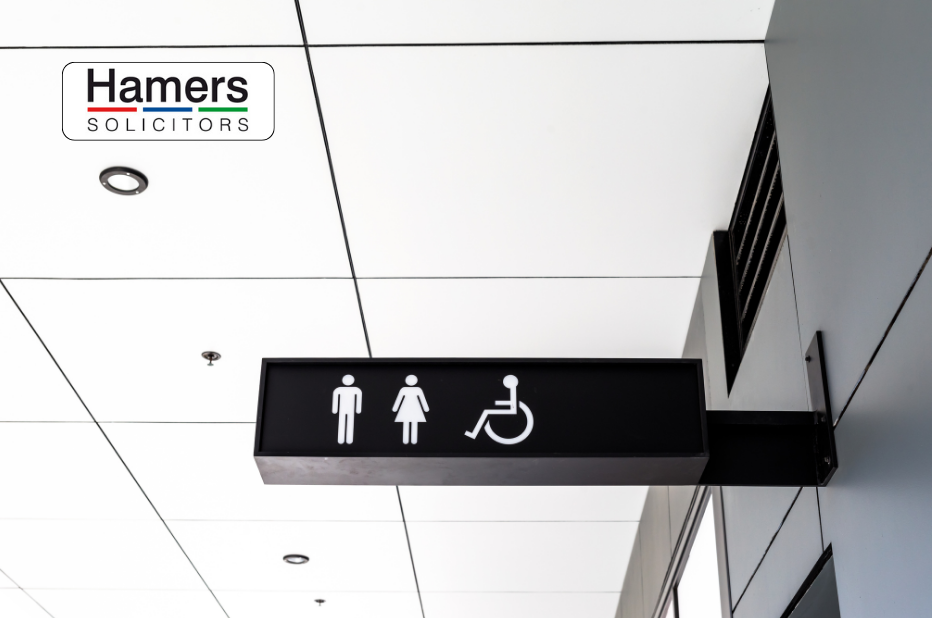
In law, direct discrimination is defined as an individual receiving less favourable treatment because of a protected characteristic. In the case of Earl Shilton Town Council v Miller, the characteristic was sex.
The Respondent operated from a church hall which was also used by a play group. The toilet facilities used by female staff were also used by the play group.
This meant that prior to using the toilet, a female would need to ask a member of the play group staff if any children were in the toilets and wait until the toilets were empty.
The Claimant complained that this was not adequate provision for female staff. The Respondent suggested that a cubicle in the male toilets could be used.
However, this involved the female members of staff having to walk past the urinals, which could be in use at the time. There was also no provision of sanitary bins in the male toilets.
The Claimant submitted a claim for direct sex discrimination, on the basis that inadequate provision of toilet facilities for women equated to less favourable treatment and therefore subjected the Claimant to discrimination.
The Respondent argued on appeal to the EAT that it could not be less favourable treatment, as the requirement for playgroup staff to check the toilets arose from a safeguarding requirement.
They also argued that a man being observed using the urinal by another man was the same as a woman seeing him use it.
The appeal was dismissed. The tribunal ruled that a woman seeing a man using a urinal was not the same as a man seeing a man using it.
The EAT felt that common sense needed to be applied. It was clear that adequate toilet facilities had not been provided for women, which included the risk of seeing a man using a urinal and the inadequate provision of sanitary bins.
This was less favourable treatment suffered by the woman, which did not apply to men.
It is important to ensure that, in terms of the facilities provided to men and women and the terms and conditions offered, there is equality. As this case demonstrates, discrimination is not always about what is done, but also what is not done.
Date
20 March, 2023
Author
Phil Winter
Share
If you would like to talk to a member of the department
Keep up to date
Sign up to receive email updates and regular legal news from Hamers.

